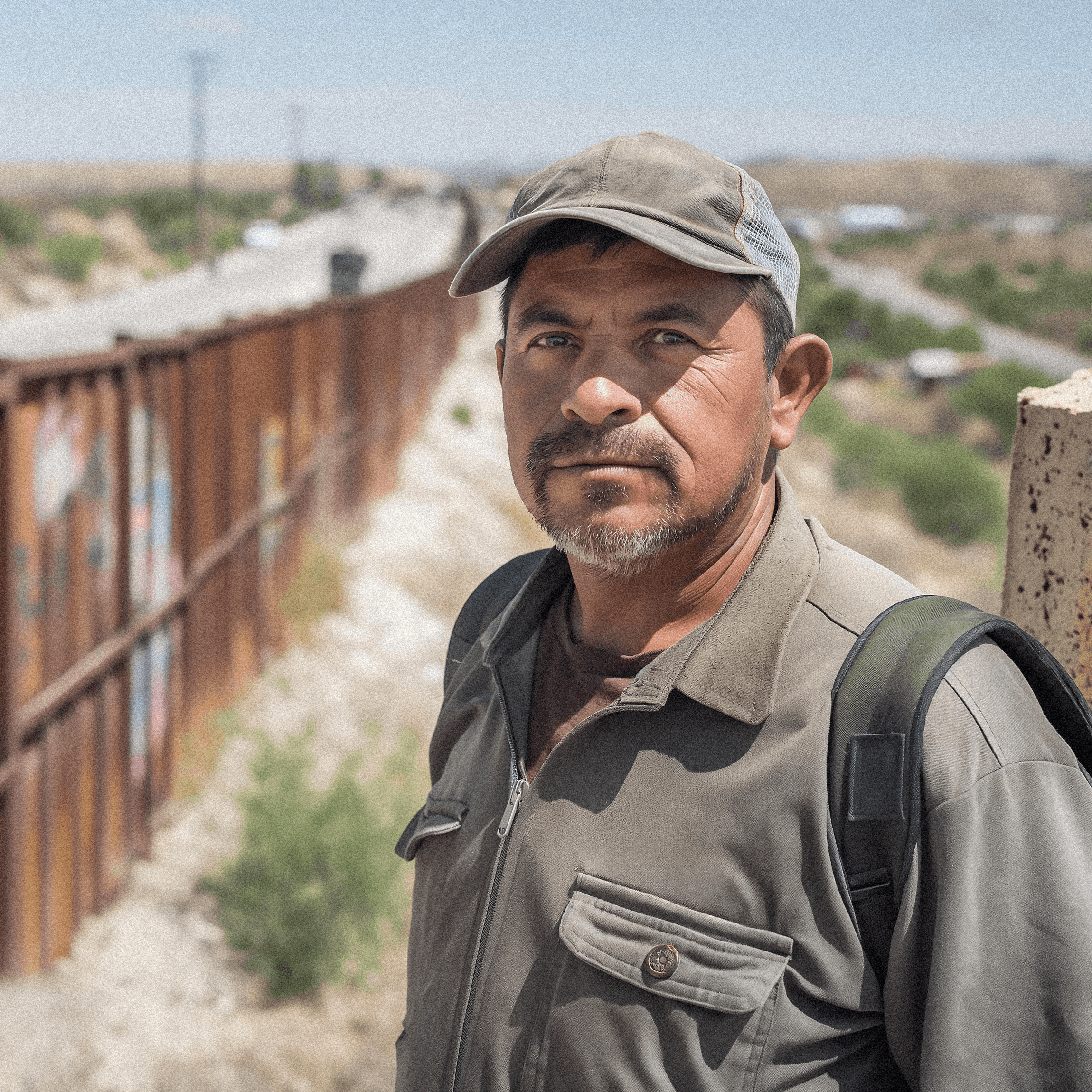UN Climate Summit in Dubai: Global Leaders Struggle to Reach Consensus
Khalid Al-Sayeed
Dec 4, 2024
Dubai, UAE – The 2024 UN Climate Summit, which concluded on December 10, ended in a fragile agreement, but it was far from the sweeping global commitments many had hoped for. Leaders from around the world gathered in Dubai to discuss solutions to the climate crisis, but geopolitical tensions and conflicting national interests made it difficult to achieve the ambitious goals set by climate scientists.
The most contentious issue was the proposed financial support for developing nations. While wealthy countries, particularly the United States and EU, committed to a $100 billion climate fund, many developing nations felt this was insufficient to address the severe impacts of climate change they are already facing. Countries like India, Nigeria, and the Philippines pressed for more substantial climate finance, with some leaders warning that without greater financial commitments, global emissions targets would be unattainable.
Another point of contention was the timeline for reducing greenhouse gas emissions. While European nations pushed for an aggressive 50% reduction by 2030, oil-producing countries like Saudi Arabia and Russia advocated for a slower transition away from fossil fuels, citing the economic and social challenges of such a rapid shift. The UAE, as the host nation and an oil-rich state, was caught in the middle, calling for “climate justice” but also emphasizing the need for a balanced transition.
Despite the disagreements, the summit resulted in a joint declaration that reaffirmed the goal of reaching net-zero emissions by 2050 and stressed the importance of protecting vulnerable communities and ecosystems. The summit also saw the launch of several collaborative initiatives aimed at scaling up renewable energy infrastructure in Africa and Asia. Still, many environmental groups criticized the summit as being more about political posturing than meaningful action.
Scientists are also worried that the lack of a robust and legally binding framework will delay the urgent actions needed to prevent global temperatures from rising beyond 1.5°C. Greta Thunberg, who attended the summit, condemned the inaction, calling it "a betrayal of future generations."
Sources: Official UN statements, climate activists, government representatives.
NEWS FROM CONTRIBUTORS FROM ALL AROUND THE WORLD!!
Become part of the solution that the world needs by sending information, reports and news going on around you today











